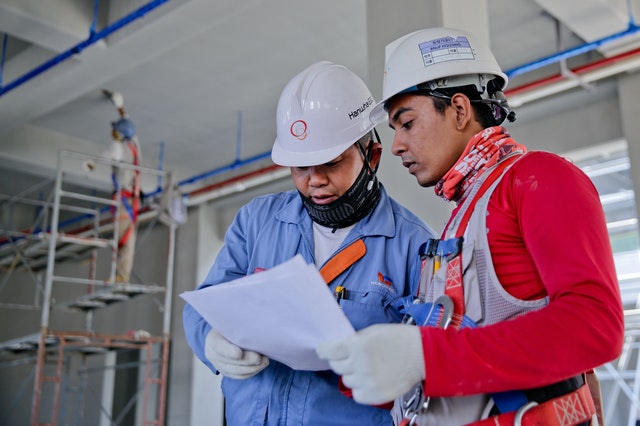Being a project manager of a construction site is no easy ride. With lengthy timelines and several teams to manage, being a project manager can be a challenge, to say the least. Trying to juggle and keep on top of deadlines, subcontractors, costs, materials, bids, paperwork, people management, and onsite duties can often seem overwhelming. However, with the right strategies in place, you can plan and prepare for a successful project.
Here are some top tips for effective project management in construction.
Time management
Good time management is vital for any successful project, as it will dictate the deliverables. Projects can vary in size, but that doesn’t mean it is always going to be easy to manage time, as there are many variables, such as materials, subcontractors, and unexpected problems that can easily cause delays anywhere along the line. It is therefore important to always start a project with a well-defined plan. This will help you realistically strategize for the different phases of a project, foresee and eliminate as many issues as possible, and provide every task with direction and purpose, which will help keep the project moving forward.
Communication
With so many people and variables involved in any one project, communication can make or break the project. Communication is key to keep the project moving forward, resolve any issues and ensure that everyone is fulfilling their roles properly. Communication is not just up to the project manager, effective communication must be built right from the start of the project, across all departments, including administrative functions, subcontractors, architects, designers, suppliers, and customers. This will help set realistic expectations, and ensure collaboration runs smoothly. As the project manager, you should set the tone for good communication right from the start, and model the behavior throughout the project. Make sure everyone knows where to locate important documentation, is aware of their deadlines, roles and responsibilities, and who each reports to. There should be a clear hierarchy and flow of information that everyone follows.
Delegate
It can be difficult to give up control, however, delegating is an important aspect of any project if you want it to be efficient, and successful. Whether it is simple administration tasks or important communication for onsite materials from a company like Gabion Supply, it is vital that you collaborate, and work together with your team. Tasks should be shared according to skill and competence, in a supportive way. As a project manager, it is your responsibility to ensure each member of the project fulfills their role while encouraging respect and feedback. Make sure the assignment of tasks is clear, and there is space for further clarification if needed. Monitor progress and be on hand to provide assistance where needed. It is also good practice to take note of where most people get stuck, so it can be addressed and improved for next time.
Being a project manager is a challenge, but with the right tools and strategies in place, you can prepare for a successful project and mitigate any problems and delays.
